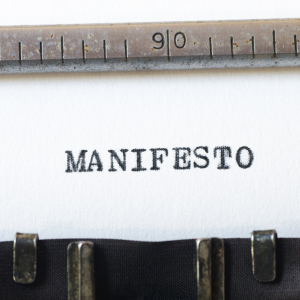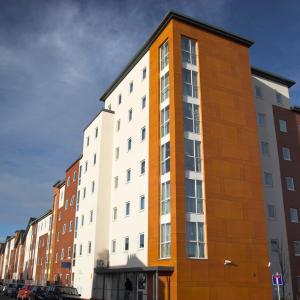|
In recent months, I’ve lost count of the number of people contacting me to ask, “Should I extend my lease or wait?” And that really isn’t surprising.
I’ve commented on government plans for residential leasehold reform for several years. And over the last year or more, it’s become increasingly clear that Housing Secretary Michael Gove – a vocal supporter of leasehold reform – has faced considerable opposition from within the ranks of his own party. Hence, the watered-down Leasehold and Freehold Reform Act 2024. Rushed through before the recent dissolution of parliament, perhaps the most significant omission from this new legislation is the long-promised cap on ground rents.
Visit our main Lease Extension page. |
Not only but also…
 However, Labour’s dropping their pledge to introduce legislation “abolishing” leaseholds within their first 100 days in government adds to the general air of uncertainty. The party confirmed their commitment to the policy but said they needed more time for such “radical reform“. A spokesman said:
However, Labour’s dropping their pledge to introduce legislation “abolishing” leaseholds within their first 100 days in government adds to the general air of uncertainty. The party confirmed their commitment to the policy but said they needed more time for such “radical reform“. A spokesman said:
“Labour’s commitment to comprehensive leasehold reform hasn’t changed and we’ll bring forward ambitious legislation to enact all of the Law Commission’s remaining recommendations at the earliest opportunity if we’re privileged enough to serve.”
Should I extend my lease or wait?
So, with the waters of reform well and truly muddied, let’s return to the question: Should I extend my lease or wait?
With little indication of when the law might change and the full extent of any changes, much depends on whether time is on your side, i.e. the length of your remaining lease term. Of course, it’s critical that the term does not fall below 80 years. But many mortgage lenders consider an 85 year lease term too short. Indeed, properties are increasingly difficult to mortgage and sell once the remaining term falls below 90 years.
Extending your lease at any time means extinguishing ground rent. But doing so before the 80 year deadline means not having to share ‘marriage value’ with your freeholder. Marriage value is the increase in the property’s value resulting from the lease extension – in many cases, a sizeable sum.
Will leasehold really be ‘abolished’?
 Reaching for my crystal ball, I feel reasonably confident predicting that new leaseholds face abolition. Labour’s promised reforms involve enacting “all of the Law Commission’s remaining recommendations”, so that includes “reinvigorating commonhold” – effectively, an ‘off the peg’ alternative. Check out my last Commonhold Update.
Reaching for my crystal ball, I feel reasonably confident predicting that new leaseholds face abolition. Labour’s promised reforms involve enacting “all of the Law Commission’s remaining recommendations”, so that includes “reinvigorating commonhold” – effectively, an ‘off the peg’ alternative. Check out my last Commonhold Update.
The much bigger problem, though, is how to reform existing leaseholds. Not only are they a web of competing interests, but change will almost certainly require coordinated collective action and some degree of financial outlay by tenants. In reality, the most likely outcome is legislation creating an optional new ownership structure. But I can’t help but think that residential leaseholds will remain a feature of our legal landscape for many years to come.

